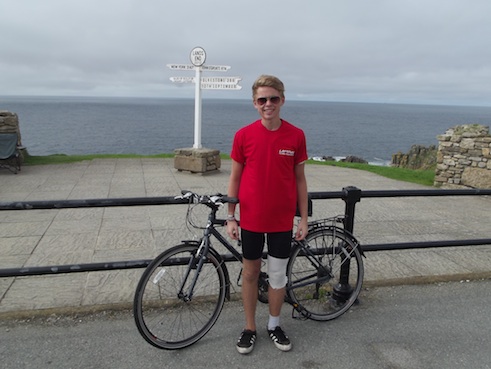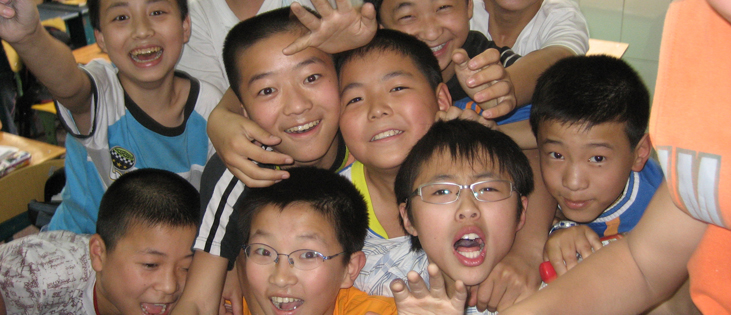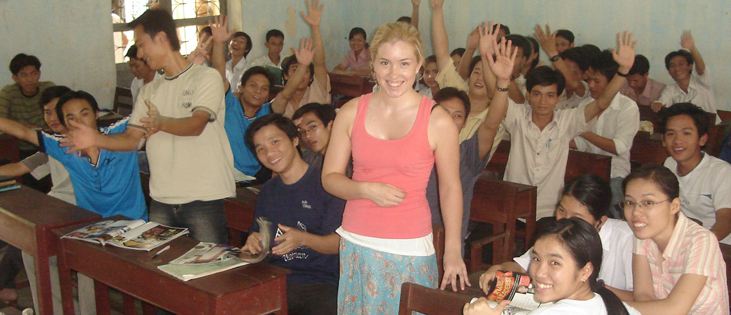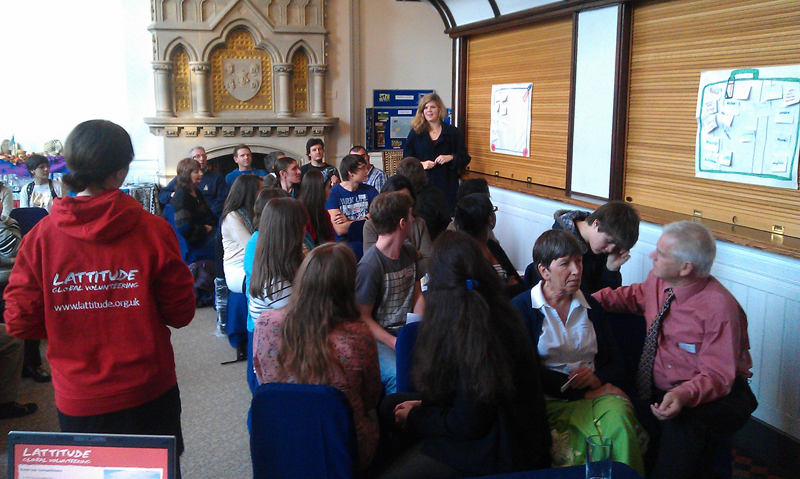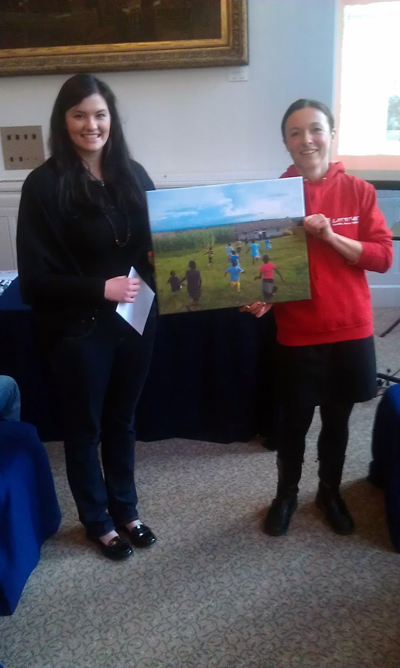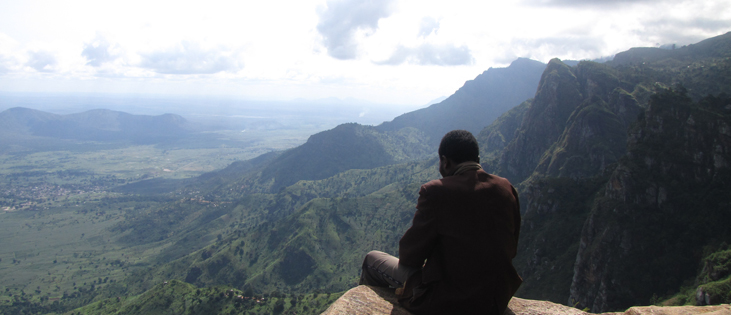
More than memories! Great photos of your experiences are a fantastic keep sake, this was taken by Charlie
in Tanzania at The Irente point (world view) in Lushoto, with local man sat looking over the flat expanse of Africa
By Roberta Geraci
When away on holiday or travelling, we all want to capture the moment by taking pictures. If a picture tells a thousand words than we all want those pictures to reflect the location, experience, event and emotions we were experiencing at that time. Travel photography is particularly important as we feel we may never get to witness the same moment again and we want to be able to show all our family and friends what we have seen. No pressure to get that shot perfect then! Below are a summary of some of the main tips and techniques for what to look out for when taking pictures while travelling.
1. The right equipment
Today digital cameras are cheap and almost ubiquitous, nearly all phones sold today have a camera built in and compact cameras can be purchased for under £100. However it is important to consider that not all cameras are made equal, and there are many different types available, suiting many price ranges. If you are someone who does not know their Aperture settings from their ISO settings, then before shelling out a fortune it would be wise to do some research into which camera would best suit you. Technology website, The Verge has an excellent article about what to look out for when buying a digital camera. Once you have your camera sorted other important things to consider are;
- Tripods - great for taking night shots but not always suitable for travel.
- Case – It is important to get a good case that protects the equipment and does not stand out too much.
- Spare batteries – If your camera takes standard batteries then remember to pack spares. If going away for a long trip then purchase a spare rechargeable battery to keep you juiced up.
- Memory Cards – Make sure to check your compatibility and purchase an extra memory card if away for a long time. Usually these are cheapest on the Internet so shop around.
2. What to shoot
The equipment is less than half the story, the most important thing about taking a good picture is the subject, be it a person, a landscape, a city or an animal. Depending on where your going, your subjects will change. According to Robert Caputo from The National Geographic, the best tips to help you choose your subject are:
- Understanding the customs and traditions of the place you are visiting
- “Getting out there” and experiencing the location and customs before taking the pictures that capture those experiences
- “Getting Lost” and experiencing things off the beaten track or away from the heavily tourist areas will give you more unique pictures.
Remember when taking pictures of other people, especially children, it is important to ask for their or their parent’s permission.
3. How to Frame your shot
Framing your shot correctly is the difference between a good picture and a great one.
Traditionally when taking pictures “the rule of thirds” is a good place to start. According to Bryan F Peterson the rule of thirds is a guideline which “proposes that an image should be imagined as divided into nine equal parts by two equally-spaced horizontal lines and two equally-spaced vertical lines, and that important compositional elements should be placed along these lines or their intersections.”
The below image demonstrates this as the position of the tree and the horizon lie along the intersections of two-thirds lines.

travel photography, hints & tips from Lattitude Global Volunteering
While the rule is a good place to start some of the best pictures are those that defy convention. Try taking multiple shots of the same subject from different angles, either up high or down low, to convey different emotions. Don’t be afraid to zoom in on certain details or take wide-angle shots to capture a bigger picture.
Remember the convenience of a digital camera means you can take as many pictures as you want, you can always delete some of the less successful ones later.
We love seeing travel pictures by our volunteers so please share them on our Facebook page and why not enter our photo competition. Happy Snapping!
Sources:
http://www.theverge.com/2012/1/2/2663464/camera-buyers-guide
http://photography.nationalgeographic.com/photography/photo-tips/travel-photography-tips/
Bryan F. Peterson - Learning to see creatively: design, color & composition in photography
